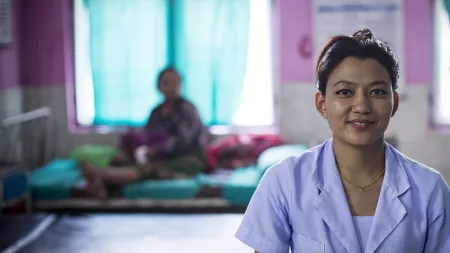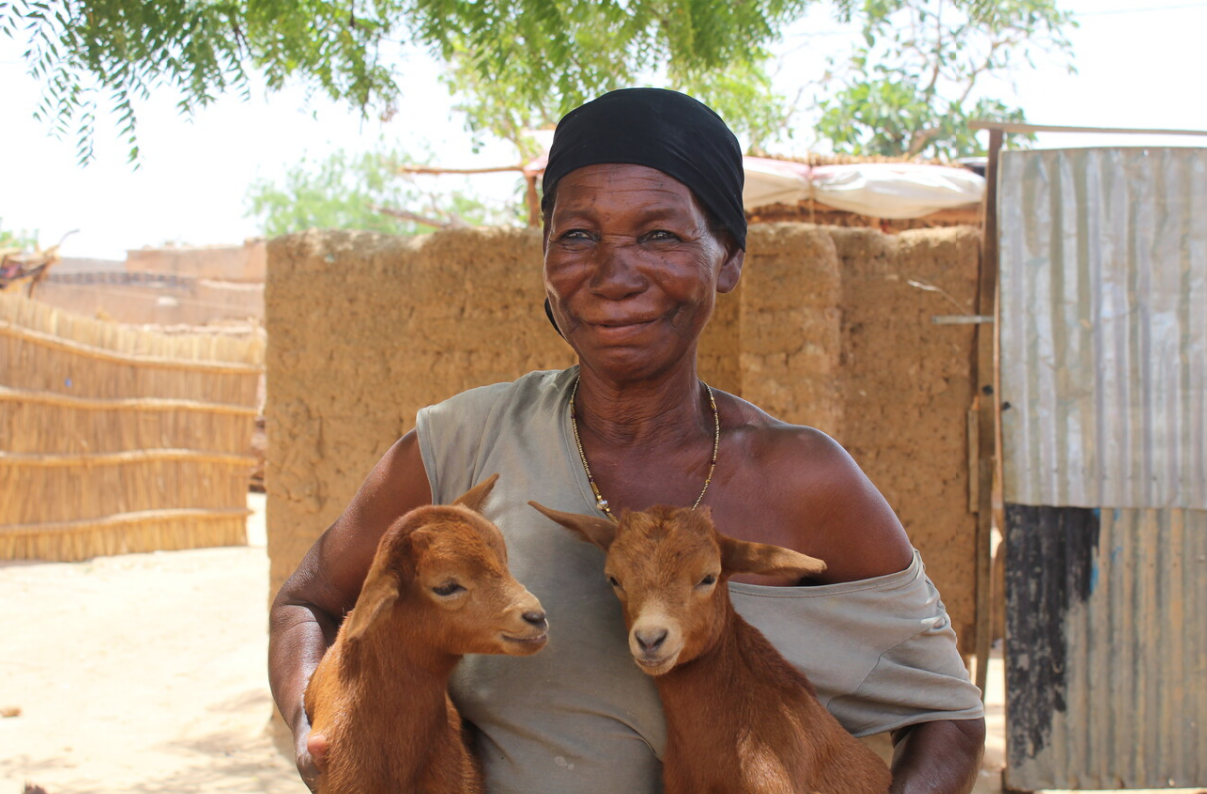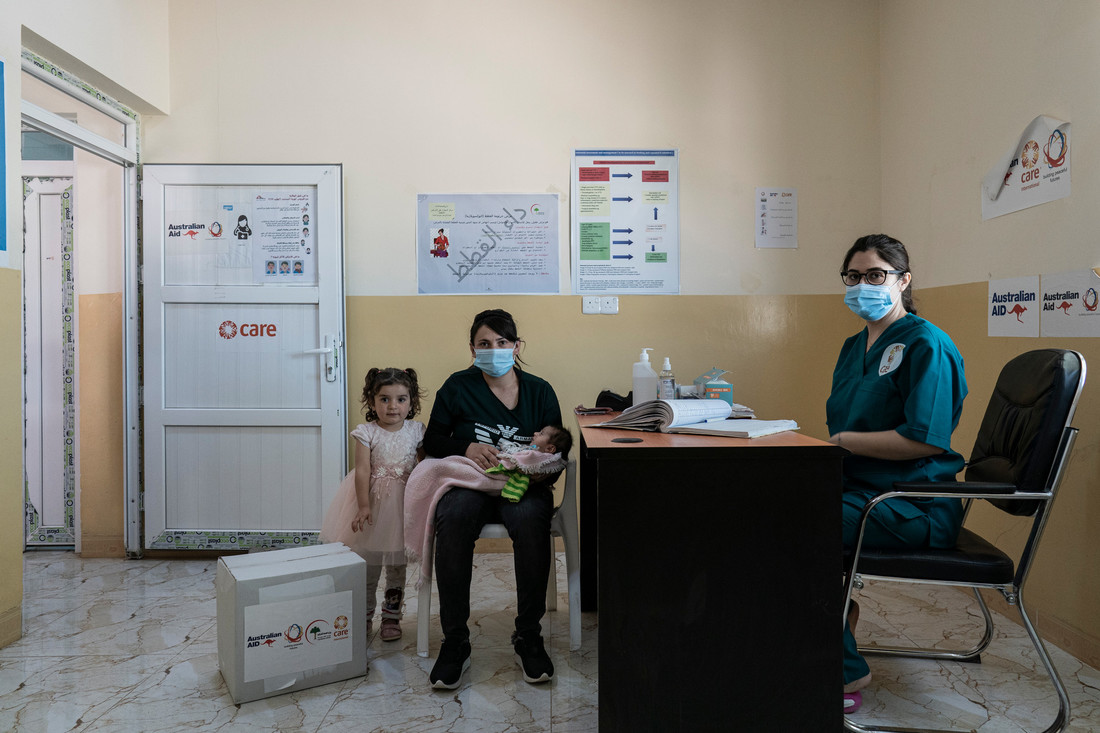Ensuring the universal right to health
We believe that everyone has both a right to health and reproductive self-determination. CARE International’s multi-dimensional health programs address barriers at the individual, social and structural level, and includes scaling up our existing expertise on epidemics and diseases to meet the ongoing challenges posed by the COVID-19 pandemic.
Our goal is that by 2030, 50 million people can exercise their right to health. This includes 30 million women being able to exercise their right to sexual and reproductive health.
CARE International focuses on building resilient, equitable, and accountable health systems that can respond to shocks and crises and that provide sustainable access to quality health services for all.
Globally, the right to health is undermined by persistent economic and social inequities, as well as ongoing threats to health security posed by increases in the number, scale, scope, and duration of humanitarian disasters. Restrictive gender norms and gender inequalities are replicated and reinforced in health systems, contributing poorer outcomes for women and girls in their health and lived experiences.
Even before the COVID-19 pandemic, many health systems were struggling to adequately meet the health needs, particularly the sexual and reproductive health needs, of the populations they were meant to serve. The pandemic’s impact has further strained these systems and put hard-won gains in health equity and gender justice at risk.
What is CARE International doing to improve access to healthcare?
CARE International’s added value continues to be its equity and rights-based approach to health and health systems. We seek to:
-
Build assets and agency of women, girls, and other groups facing injustice
-
Change the power relations to enable collective voice and well-being
-
Transform health systems and structures to enable universal access to health
CARE International and partners have helped 43 million people in 38 countries exercise their rights to health, particularly for sexual and reproductive health. Looking ahead as part of our 2030 strategy, we aim to amplify our reach to 50 million people.
CARE International works with community groups and leaders and local health authorities to catalyze community-led collective action, mobilize public demand, and build institutional commitments and to change institutional practices and policies.
Our global health work focuses in four areas:
-
Strengthening local health systems and community-based organizations
-
Supporting marginalized population groups, especially adolescents, to exercise their right to health
-
Increasing access to quality health services, including sexual and reproductive health and rights services, in humanitarian and fragile settings
-
Preparing and responding to public health emergency preparedness
Read our Vision 2030 Impact Area Strategy for The Right to Health here.
CARE International’s Fast and Fair Vaccine campaign
CARE International’s Fast and Fair Vaccine initiative currently supports 22 countries in equitably delivering COVID-19 vaccines.
Since the initiative started, CARE International has worked to promote vaccine safety, organize vaccine delivery, train health workers and volunteers, help ensure access for people who need it most, and mobilize people to get the vaccine by helping those with no internet access register for vaccines and keep appointments.
That has resulted in 126 million people getting vaccinated in the places where CARE International is supporting vaccines. 263 million people have had access to accurate information on vaccines through mass media and tailored vaccine messages.







